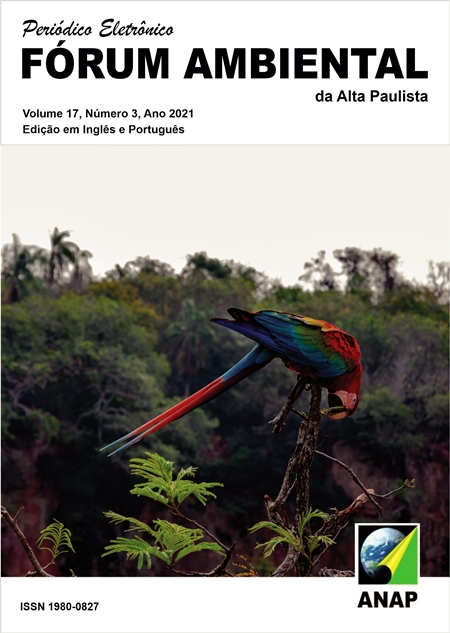Proposals for the redevelopment of deactivated landfill areas
DOI:
https://doi.org/10.17271/1980082717320213032Palavras-chave:
Bibliometrics. Redevelopment. Sanitary landfill. Scientometrics. Urban solid waste.Resumo
Large amounts of the most diverse waste are produced in urban environments, being the landfill one of the most common forms of disposal of these wastes. The need for research on the redevelopment of landfill areas lies in the dynamism and externalities of urban spaces, which generates the need to rebuild degraded areas to promote economic, social, and environmental benefits. In Brazil, there is an expectation that open and controlled dumpsites will be replaced by sanitary landfills. In this sense, the present study seeks to identify alternatives to re-urbanization for areas of deactivated landfills as a way to increase the sustainability of cities, presenting solutions already adopted in Brazil and international trends. To this end, a bibliometric analysis and an extensive bibliographic review were conducted. The main alternatives found were: open spaces (parks, sports and leisure centers), use for agriculture, woods and reforestation areas, intensive use for commercial purposes, housing and energy generation. The main contribution of this article is to open the discussion about what will be the use of these new landfills in the post-closure phase of waste disposal, having in mind an adequate planning of these new landfills, allowing them not to become environmental liabilities when they are deactivated.













